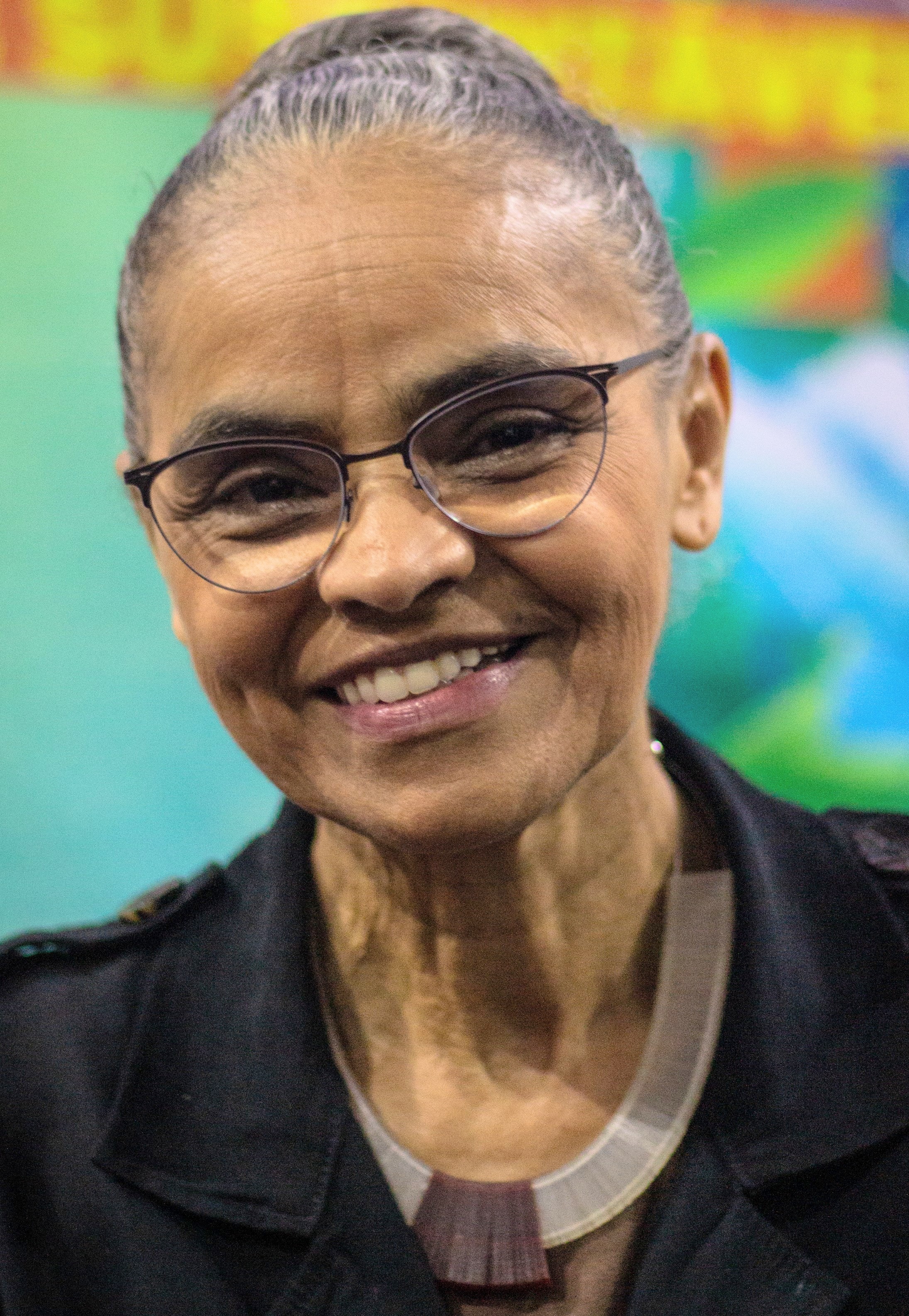Brazil's Marina Silva says Amazon needs Marshall Plan to avoid tipping point
Silva said an effort the size of the post-World War Two Marshall Plan was needed to save the world's largest tropical forest and untold wealth of biodiversity from reaching the point of no return, when experts say it will dry out and turn into savanna. Brazilian ministers, diplomats, Indigenous leaders, climate experts and environmentalists began a three-day conference to prepare proposals to protect the forest in cooperation with neighboring countries at a summit on Aug. 8-9 in the city of Belem, at the mouth of the Amazon river.

- Country:
- Brazil
Brazil's Environment Minister Marina Silva urged eight Amazon countries on Tuesday to come together to avoid the rainforest reaching a tipping point, which could happen if a fifth of the trees are lost. Silva said an effort the size of the post-World War Two Marshall Plan was needed to save the world's largest tropical forest and untold wealth of biodiversity from reaching the point of no return, when experts say it will dry out and turn into savanna.
Brazilian ministers, diplomats, Indigenous leaders, climate experts and environmentalists began a three-day conference to prepare proposals to protect the forest in cooperation with neighboring countries at a summit on Aug. 8-9 in the city of Belem, at the mouth of the Amazon river. The presidential summit is an attempt to move the Amazon Cooperation Treaty Organization (ACTO) nations to act together to preserve the Amazon and promote sustainable development in a region threatened by illegal loggers and gold miners, animal smugglers and drug traffickers.
The organization was started in 1978 by Bolivia, Brazil, Colombia, Ecuador, Guyana, Peru, Suriname, and Venezuela. French Guiana, an overseas territory of France, is invited to meetings. "We need to stop the destruction of the rainforest before it reaches the 20% point of no return," Silva said.
At the current rate of destruction, that could happen within a decade, according to climate expert Carlos Nobre, who said 18% is already destroyed so far. Building markets for Amazonian products, such as açai berries, guaraná, Brazil nuts, cocoa, pineapples and other fruits and raw materials is needed to provide livelihood to the region's inhabitants and build a sustainable economy, she said.
Indigenous leaders said their communities in the Amazon are the best guardians of the forest and recognition of their claims to ancestral land is fundamental for achieving the preservation of the region's biological and cultural diversity. "Guaranteeing our territorial rights is essential for sustainable development and the fight against climate change," said Kleber Karipuna, coordinator of Brazil's main Indigenous umbrella organization APIB.
The head of the Federal Police's newly-created Amazon and Environment department, Humberto Freire, said the administration of President Luiz Inacio Lula da Silva is "determined to stop the devastation of our biomes once and for all." He added the Amazon nations should share information and evidence to fight trans-border issues like illegal mining and logging.
(This story has not been edited by Devdiscourse staff and is auto-generated from a syndicated feed.)










